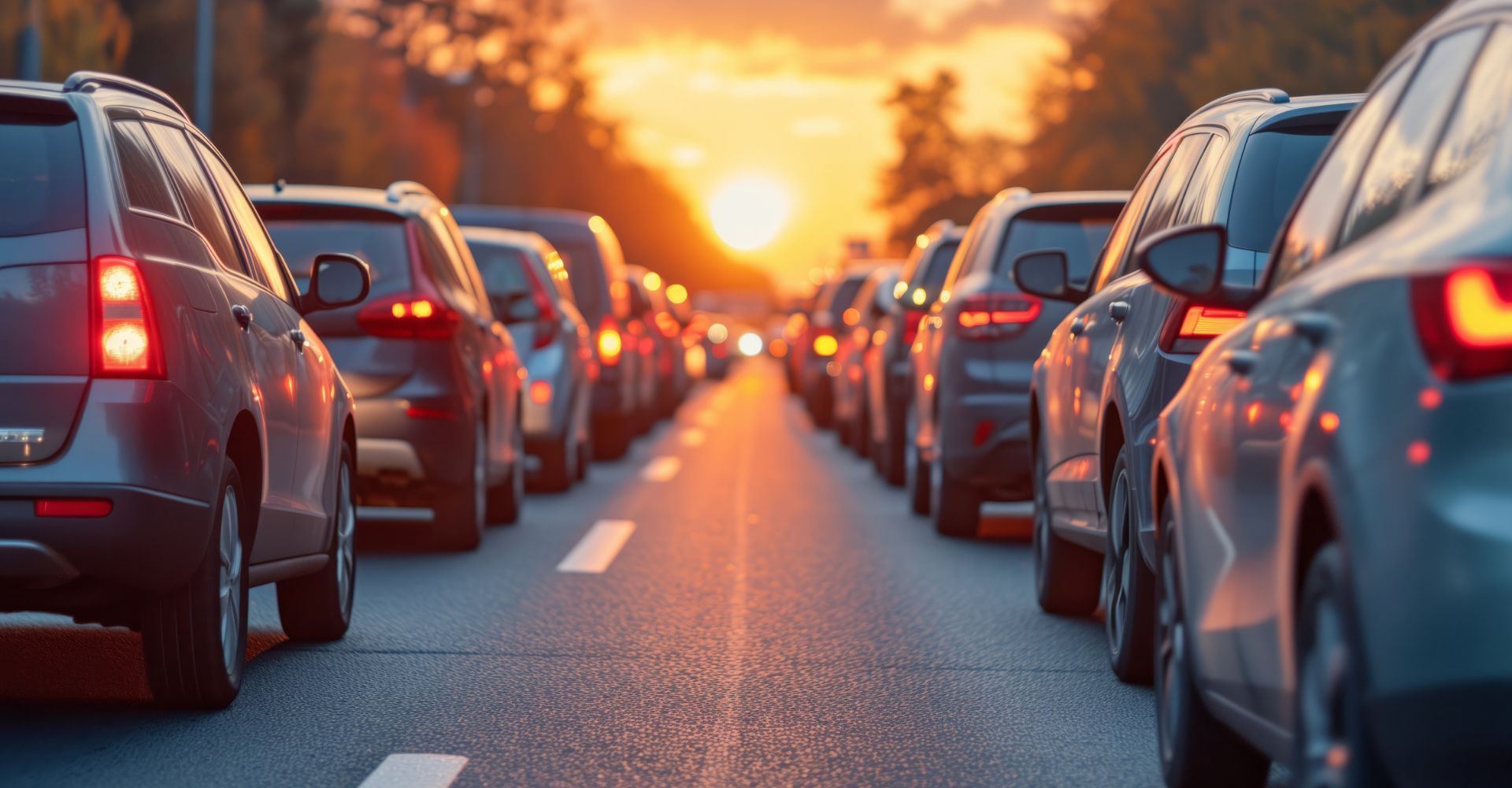We all know SA’s roads are not only occupied by motorists. While drivers may feel the streets were made for them, cyclists, pedestrians, horses, cattle, and children also have the right to be there. However, these individuals are also amongst the most vulnerable road users in South Africa, and there is an urgent need for increased awareness and safer driving practices.
Why Vulnerable Road Users Need Your Extra Attention
- Pedestrians and cyclists are harder to see, especially during dawn, dusk and bad weather.
- Unlike driving in a car, they don’t have much physical protection, which means any collision could result in serious injuries.
- Children and animals can be unpredictable, running into the street unexpectedly or getting spooked by sudden noises.
- In many areas of our country, sidewalks or dedicated bicycle lanes don’t exist, so we all have to share the road.
Sharing the Road: Tips for SA Drivers
Pedestrians: Walkers, Joggers & Runners
Pedestrians are at the highest risk on our roads, specifically in townships, cities, and rural areas without pavements or streetlamps.
Pedestrian safety tips for drivers:
- Always slow down and stop at zebra crossings.
- Drive slower in areas with foot traffic, such as schools, shopping centres and bus or taxi stops.
Cyclists
Cyclists get a bad rap for using our roads. Maybe we’re all guilty of waving a fist at a cyclist at some point, but they’re legally allowed to be there, so it’s our job to help keep them safe.
Driving tips for cyclist safety:
- Check your mirrors when turning left or opening a door.
- Don’t tailgate. Give them room and time to move safely.
- Avoid sudden braking or swerving in front of them. You wouldn’t like that done to you.
Horse Riders on SA Roads
Horse riders are legally allowed on many South African roads, especially in rural areas and the outskirts of cities.
Can you ride a horse on the road in SA?
Yebo, under the National Road Traffic Act, it’s allowed.
How to drive safely around horses:
- Slow down long before you reach them.
- If you need to pass, pass wide, at least a car’s width away, and don’t rush.
- Avoid revving your engine, honking, or flashing lights, which may startle the horses.
- Watch for hand signals, the rider may know something about their horse that you do not.
- Be prepared to stop completely if necessary.
Children
Children often don’t understand road rules or how long a car takes to stop. They may suddenly run into the road, especially near schools or in neighbourhoods.
Tips for driving near children:
- Always obey school zone driving laws and speed limits.
- Be extra cautious when driving around the suburbs.
- Watch for kids on bicycles or skateboards.
Animals
Roads are shared not only with humans but with animals too.
- Pets: Dogs and cats can sprint into traffic.
- Farm animals: Cows, goats, and sheep are often seen grazing on the side of the road.
- Wildlife: Look out for baboons, owls, and other wild birds near forests, bush and game reserves.
Our top driving tips:
- Stay alert in rural areas or game regions as you might encounter livestock or wildlife.
- If you see a warning sign for animals, take it seriously. Reduce your speed.
- Never swerve violently to avoid hitting an animal. This can be more dangerous than braking in a controlled manner.
What do you do if you hit an animal?
- Stop safely and check on the animal (only if it’s safe).
- Call animal welfare and local authorities.
- Contact your insurer. dotsure.co.za offers 24-hour roadside assistance.
RELATED: HOW WE PROTECT YOU AFTER A CAR ACCIDENT
Who Else Counts as a Vulnerable Road User?
Here are a few more to keep an eye out for:
People with Disabilities
- Wheelchair users and people with limited mobility may take longer to cross the road.
- Be cautious near hospitals and clinics.
Emergency Responders
- Ambulance staff, firefighters and traffic officers working on the road are highly exposed.
- Always move over and slow down when approaching emergency scenes.
The Law is Clear: Slow Down and Share the Road
South African legislation mandates drivers to exercise caution and yield to vulnerable road users. According to the National Road Traffic Act 93 of 1996 drivers must stop their vehicles upon the request or signal of a person leading or driving any horse, cattle, donkey, mule, sheep, goat, pig or ostrich on a public road. This provision underscores the legal obligation to prioritise the safety of both human and animal road users.
Furthermore, the Act emphasises motorists' responsibility to be vigilant and considerate towards pedestrians and cyclists, who are amongst the most vulnerable on the roads.
Drive Safe, Drive Kind
Let's sum it up: pedestrians, cyclists, children, horse riders, and animals are all amongst the most vulnerable road users in SA. Adhering to traffic laws and exercising caution can significantly reduce accidents and fatalities involving these vulnerable road users.
PS: If you’re a motorist on SA’s roads driving without car insurance, we’d say you’re also pretty vulnerable. Click here for a free insurance quote online or contact us for more!



